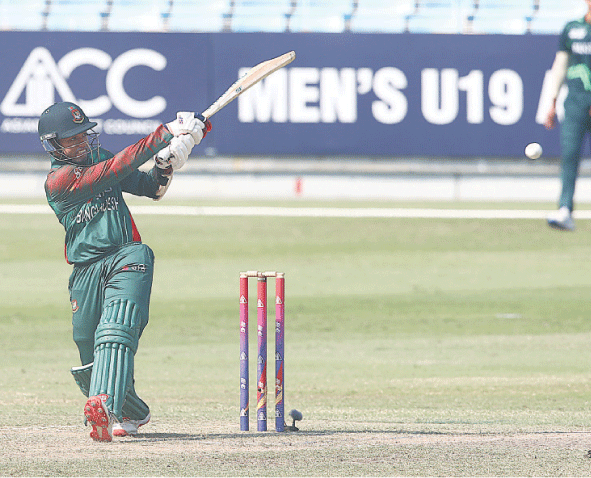Introduction
The political landscape in Pakistan continues to shift dramatically as tensions rise between the Pakistan Peoples Party (PPP) and its ally, the Pakistan Muslim League-Nawaz (PML-N), which leads the federal government. On Sunday, PPP spokesperson Shazia Marri issued a stark warning to the ruling government, stating that its survival is entirely dependent on PPP’s support. Her statement comes in response to recent decisions made by the federal government, including the controversial establishment of the Pakistan Maritime and Seaport Authority (PMSA). Marri’s remarks underscore the growing discord between the two parties and raise questions about the future of the coalition government.
PPP’s Growing Frustration with the PML-N Government
The relationship between PPP and the federal government, led by PML-N, has been increasingly strained, with both sides unable to reach consensus on key decisions. A critical issue that has sparked controversy is the establishment of the Pakistan Maritime and Seaport Authority, a move that PPP believes was made without consulting them. Marri’s criticism is particularly pointed, as she claims the PPP was kept in the dark about the decision, despite being a key political player in the coalition.
Lack of Consultation on Key Decisions
Marri’s statement highlights the PPP’s frustration with being sidelined on important national issues. The government’s failure to consult the PPP on key decisions is a significant point of contention. As a senior party member, Marri expressed disappointment that such major decisions, including the establishment of the PMSA, were made without engaging the PPP. “The day we withdraw our support, the government will collapse,” she warned.
This reflects a deep sense of betrayal within the PPP, who feel their input is being disregarded by their PML-N allies. Marri also pointed out the longstanding demand from PPP to convene a meeting of the Council of Common Interests (CCI), which has not taken place for nearly a year. According to the Constitution, such meetings are crucial for discussing inter-provincial matters, but the failure to convene one for 11 months has raised alarm within the PPP ranks.
Constitutional Violations and Growing Tensions
Another central theme in Marri’s statement was the ongoing constitutional violations she believes are being committed by the federal government. She emphasized that the prime minister is constitutionally bound to call a meeting of the Council of Common Interests within three months. However, the continued delay in convening such meetings undermines the PPP’s confidence in the government’s commitment to the rule of law.
Marri’s frustration is also directed at the lack of transparency surrounding the establishment of the PMSA. “The matter of the establishment of the Pakistan Maritime and Seaport Authority should be brought to the Council of Common Interests for discussion,” she urged, underscoring the importance of taking allies and provinces into confidence on national issues.
PML-N’s Failure to Address PPP’s Concerns
While PPP has repeatedly reiterated its support for the federal government, tensions have continued to rise. Marri’s statement clearly points to a lack of communication between the two parties, especially on matters of national importance. She suggested that the government’s failure to address PPP’s concerns would only widen the gap between the two allies, further complicating their working relationship.
Impact on Political Alliances and National Governance
The ongoing political struggle between PPP and PML-N could have far-reaching consequences for Pakistan’s governance. If the PPP were to withdraw its support from the government, the resulting political instability could disrupt national governance at a time when the country faces numerous challenges. Marri’s warning highlights the delicate nature of coalition politics in Pakistan, where support from smaller parties often plays a pivotal role in maintaining the balance of power.
The Role of Provinces and Allies
Marri also stressed the importance of taking into account the opinions and recommendations of provinces and allied parties before making significant national decisions. The PPP’s position is that consultations with these stakeholders would not only strengthen the government’s position but also ensure that constitutional and legal principles are adhered to. Marri’s criticism suggests that the government’s current approach is alienating key stakeholders, which could result in greater divisions within the ruling coalition.
The Future of the PPP-PML-N Coalition
Given the rising tensions and disagreements, the future of the PPP-PML-N coalition appears uncertain. While both parties have historically been part of several coalitions in the past, the lack of communication and mutual respect on key decisions could spell the end of this partnership. Marri’s statement is a clear indication that PPP is prepared to withdraw its support if the government fails to address their concerns.
FAQs on Shazia Marri’s Statement and the PPP-PML-N Rift
1. What led to Shazia Marri’s criticism of the federal government?
Shazia Marri criticized the federal government for not consulting the PPP on important decisions, such as the establishment of the Pakistan Maritime and Seaport Authority. She believes this lack of communication has strained their relationship.
2. How does Marri view the government’s reliance on PPP?
Marri emphasized that the federal government’s survival is dependent on PPP’s support. She warned that if the PPP withdrew its backing, the government would collapse.
3. What constitutional violations does Marri accuse the government of?
Marri claims that the federal government has violated the Constitution by failing to convene the Council of Common Interests (CCI) for the past eleven months, despite the constitutional requirement for regular meetings.
4. What is the significance of the Council of Common Interests (CCI)?
The Council of Common Interests is a constitutional body meant to address inter-provincial issues. The failure to convene CCI meetings has raised concerns within PPP, as it hinders crucial discussions on national matters.
5. Could the PPP-PML-N alliance break down?
The increasing tensions and disagreements between PPP and PML-N suggest that the alliance could break down, especially if PPP withdraws its support from the federal government.
SEE ALSO
https://flarenews.pk/2025/01/05/the-rise-of-playfulghost-malware/



